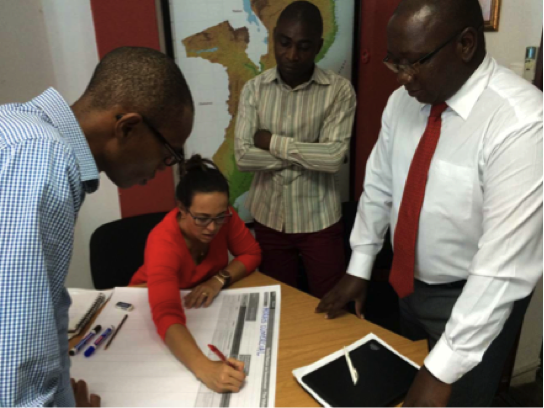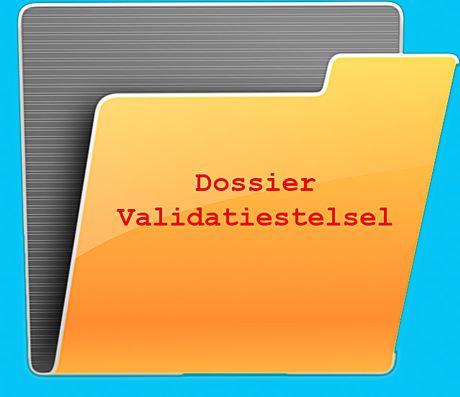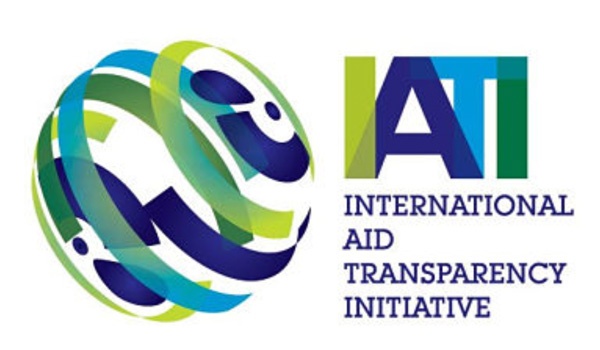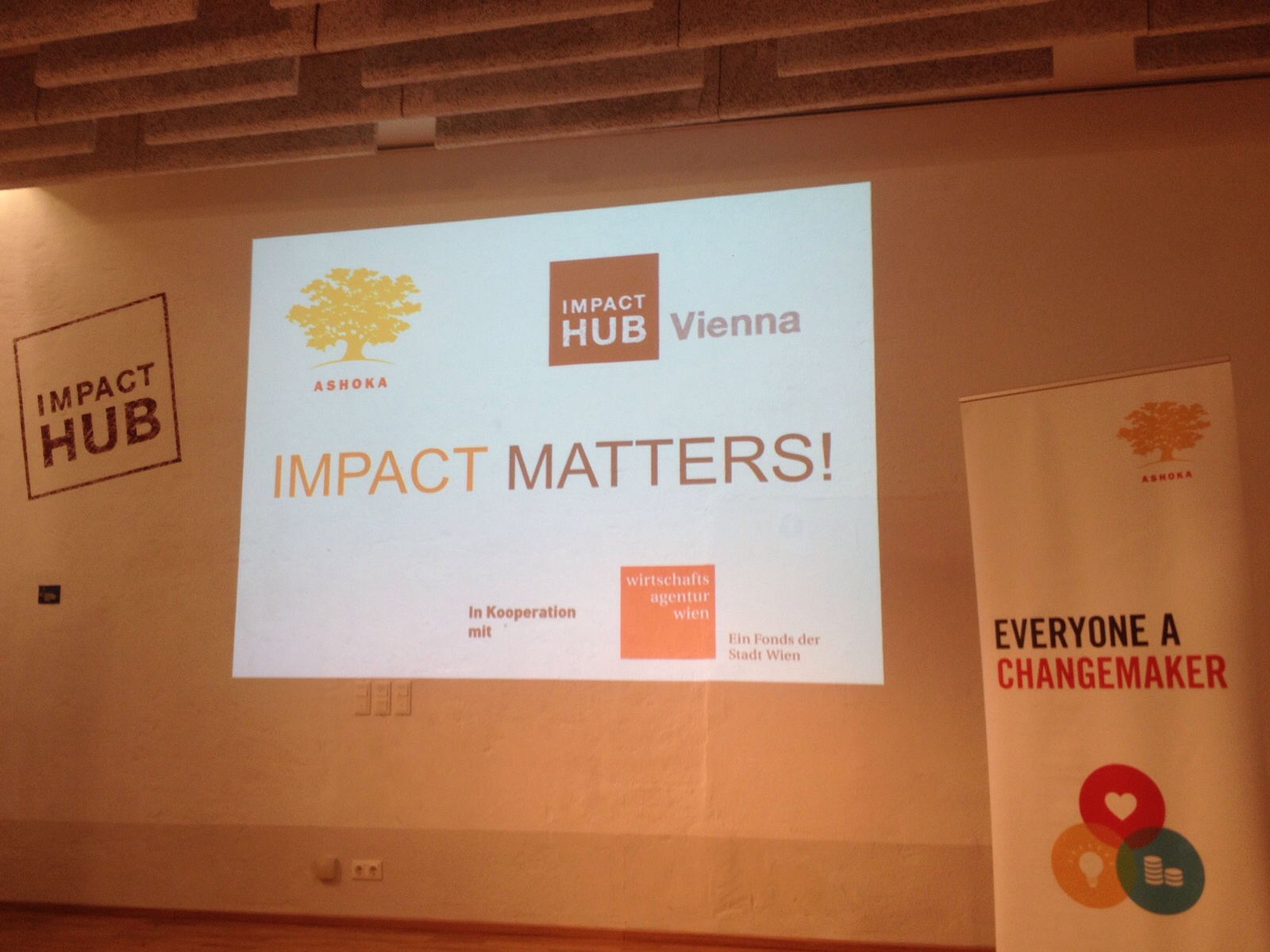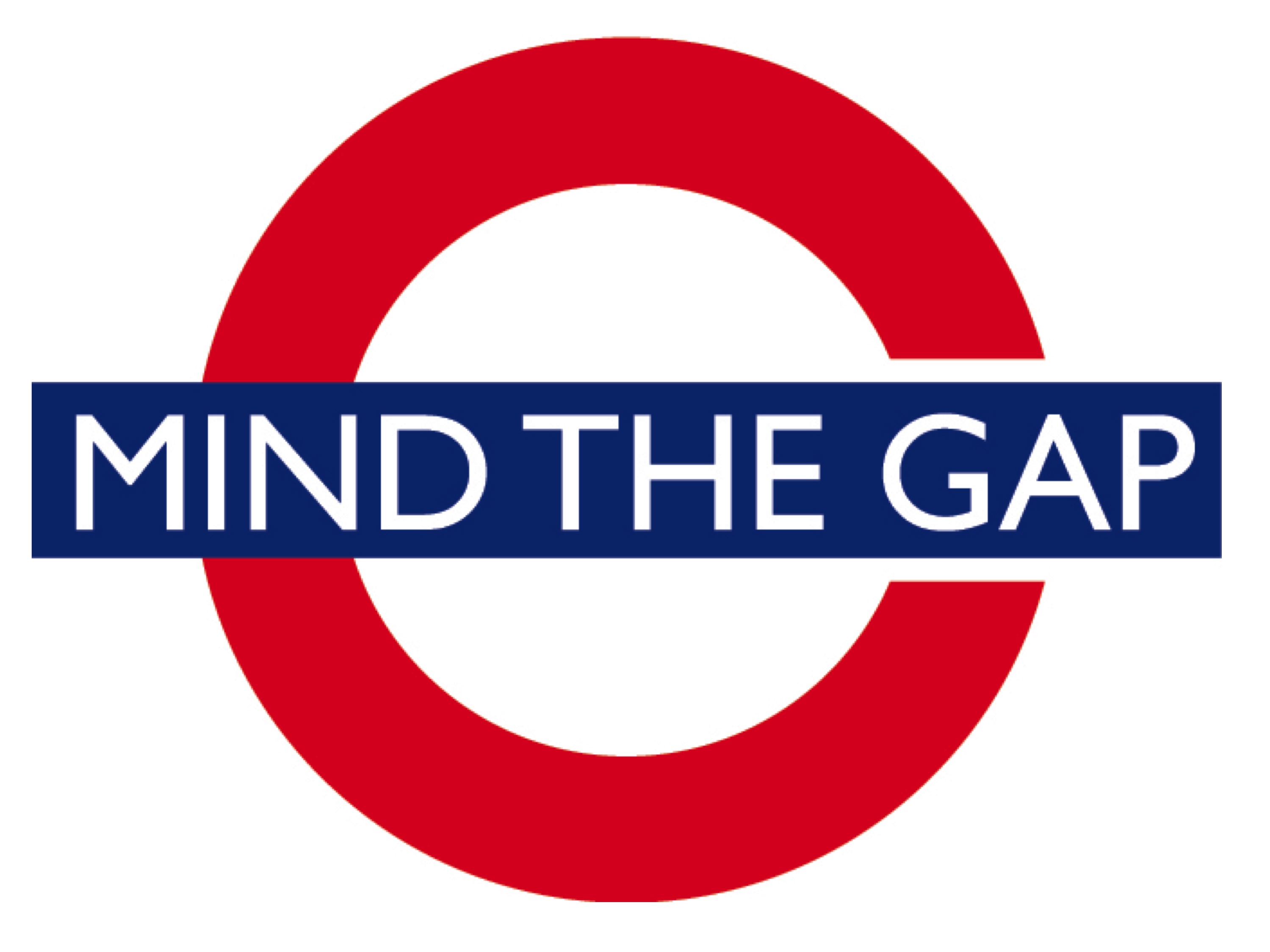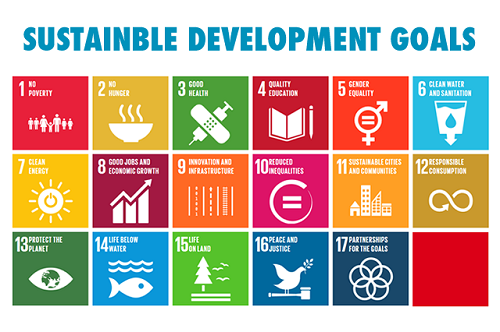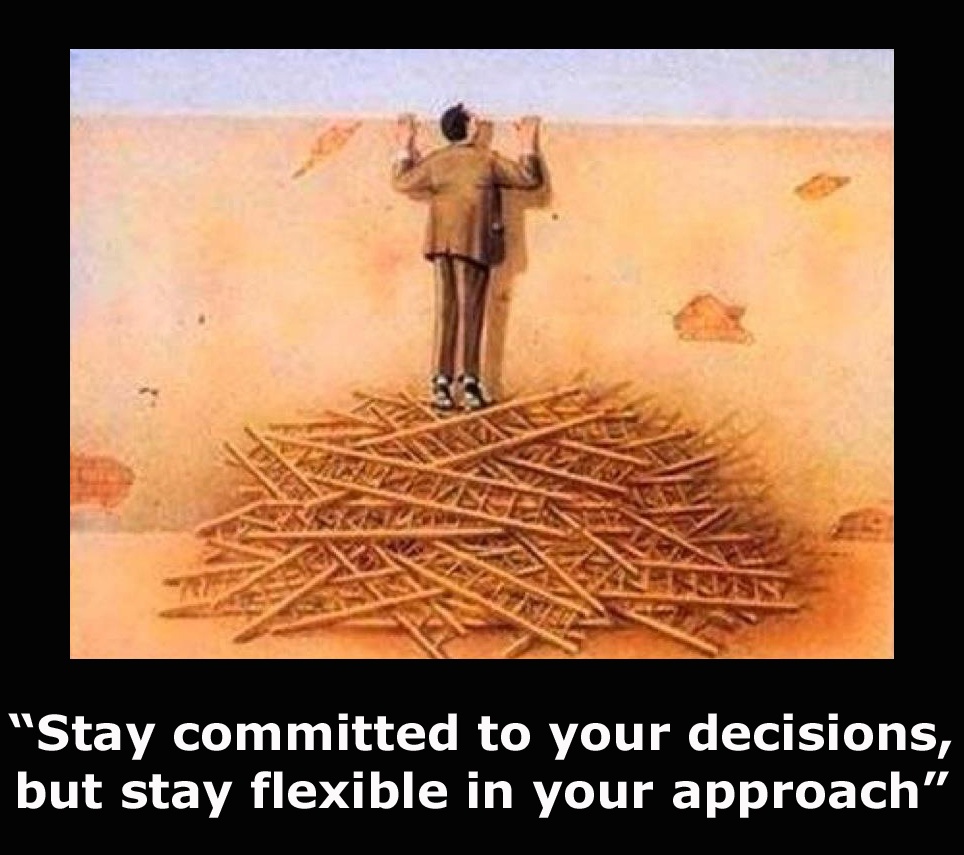Inclusive Businesses have been part of the ‘development toolkit’ for more than a decade now. The term Inclusive Business (IB) was coined by the World Business Council for Sustainable Development in 2005, which defined IB’s as “a private sector approach to providing goods, services, and livelihoods on a commercially viable basis, either at scale or scalable, to people at the base of the pyramid by making them part of the value chain of companies’ core business as suppliers, distributors, retailers, or customers”.
A Template for Inclusive Businesses – Facilitates impact measurement and comparison of different IB’S
Topics: Impact measurement, Social impact, inclusive business, template, inclusive businesses, bottom of the pyramid, base of the pyramid
Het nieuwe validatiestelsel voor de goede doelensector in Nederland, dat uitgewerkt is door de branchevereniging Goede Doelen Nederland en toezichthouder CBF, is een positief pleidooi voor het meten van maatschappelijke impact. Het onderschrijft namelijk dat het interessanter is om te weten wat er bereikt is met het geld dat gedoneerd wordt, dan hoeveel procent van de giften er precies wordt besteed aan het doel. Immers, je kunt 100% van de verworven middelen aan het doel besteden en totaal geen impact hebben doordat de interventie niet heeft gewerkt. Zowel donateur als eindbeneficiant zullen daar niet blij mee zijn, als ook de goede doelenorganisatie niet.
Topics: Impact measurement, Social impact, maatschappelijke impact, impact framework, social impact software management solution, impactmeting, validatiestelsel, filantropie
Sinzer software was initially focussed on the ‘standardized’ Social Return on Investment (SROI) methodology for social impact measurement. We developed and keep on improving our software solution for SROI that is now an international standard, reviewed by Social Value International.
Many of our customers and prospects are less focussed on the SROI method for impact measurement. They have been developing their own impact measurement framwork to match their specific needs. Early 2015 Sinzer introduced a first version of the Strategic Impact Framework (SIF). This framework is now maturing as features are added for the different customers using it. SIF now allows for many types of applications for impact management.
Topics: Impact measurement, software, Social impact management, Social impact measurement, sinzer, strategy, framework, impact framework, social impact framework, social impact software management solution, Social Impact Strategy, impact management, software solution
The date that all NGOs funded by the Dutch government need to start ‘opening’ their data is approaching fast: from 1 January 2016 onwards these NGOs are expected to start publishing data to the registry of the International Aid Transparency Initiative (IATI). On the verge of IATI’s use becoming a lot more widespread – at least in the Netherlands – it is time to stop and reflect: what has open data and IATI achieved thus far? How can some of IATI's challenges be addressed? And most importantly: what can NGOs do to turn IATI into a valuable instrument?
Topics: Impact measurement, Accountability, Open development, Transparency, IATI
How social impact measurement can help scale your social enterprise
“Impact Matters” was the message we helped deliver during Impact Hub and Ashoka’s event last week in Vienna, aimed at informing social entrepreneurs about social impact and social impact measurement, and why no social entrepreneur should go without.
Topics: Impact measurement, Social enterprise, impact measurement software, Scaling
That was the central question of last weeks Round Table we co-organized with Deloitte. Together with 25 professionals from different sectors – impact investors, philanthropists, social enterprises and NGO’s- we shared experiences on the topic of impact measurement and how to account for it.
Topics: Impact measurement, Social impact, Accountability, Social Return on Investment, Impact investing, Social accounting, Social impact management, impact measurement software, Social Value
Bridging the reality gap: how to get from theory to practical impact measurement
Last week’s “critical mass” event in London – organised by Social Value International and Good Deals collaboratively– brought together a unique blend of social entrepreneurs, impact investors, public servants, government officials and everyone “in between” to discuss how social value can be created, leveraged and be accounted for. Or rather: how critical mass – enough supporters and practitioners to sustain a movement - can be achieved for social value and social value creation. Part of the answer to this lies in bridging the reality gap in social impact measurement.
Topics: Impact measurement, Social impact, Social Value
How can we become data-driven without data driving us crazy?
Impact measurement often requires organisations to collect more data. But with more information, the risk of information overload and attention fragmentation increases. How can we cope? How can we become data-driven without data driving us crazy?
Topics: Impact measurement, Social impact, Stakeholders, Impact investing
During the United Nations’ annual summit last week the 193 UN member-states endorsed the 2030 agenda for sustainable development, including 17 Sustainable Development Goals (SDGs) and 169 associated targets. The ambitious plan – set to commence in January 2016 - focuses on changes the world needs to tackle poverty and climate change, and leverage sustainable and equitable growth, now and in the future. Over the next 15 years governments, NGOs, companies and communities are expected to use these goals in developing policies, allocating finance and implementing measures and actions aimed at building a more inclusive, fair and sustainable world. The agenda fails to address, however, how implementation and performance towards these goals – including money flows - will be measured and monitored.
Topics: Impact measurement, IATI
5 steps to stay flexible when you use standard impact metrics
What sets you apart? How do you compare to others in your line of work? Why should we invest in you? Impact investors often ask these questions, but don't always have sufficient data with regard to impact to inform their decisions.
Topics: Impact measurement, Accountability, Impact investing, software
-1.jpg?width=232&name=GT%20Sinzer_logo_screen_descriptor%20(1)-1.jpg)

